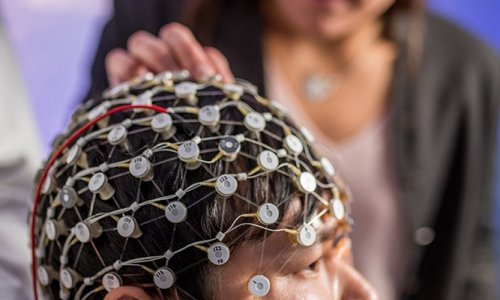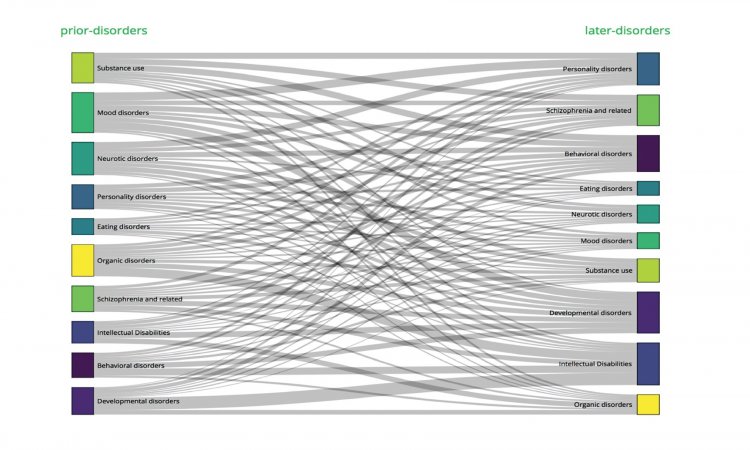
© SB Arts Media – stock.adobe.com
News • Melancholic vs. fatigued
Depression subtypes linked to different cardiometabolic diseases
New insights suggest that treatment should be tailored according to type of depression
This work is presented at the ECNP Congress in Amsterdam.
Over seven years, researchers tracked 5,794 adults, enrolled in the Netherlands Epidemiology of Obesity (NEO) Study, all of whom were free of diabetes and cardiovascular disease at the study’s start. At the start of the study each participant completed a comprehensive questionnaire to assess depressive symptoms. The team identified two distinct depressive profiles: one typified by "melancholic" symptoms (such as early morning awakening and reduced appetite), and another by "atypical/energy-related" symptoms (such as fatigue, increased sleep, and increased appetite).
This means that we may need to consider how the type of depression someone has impacts different areas of their physical health
Yuri Milaneschi
Around 8% of the participants developed a cardiometabolic condition during the follow-up period, but the type of condition they developed depended on the type of depression they had. Those with atypical/energy-related" symptoms were around 2.7 times more likely to develop Type-2 diabetes than individuals without depressive symptoms. They showed no significant increase in cardiovascular disease. In contrast, those who had “melancholic” symptoms were around 1.5 times more at risk of cardiovascular disease (such as a heart attack, or stroke) than individuals without depressive symptoms, with no significant increase in type 2 diabetes.
Lead researcher Dr Yuri Milaneschi (Amsterdam UNC) said: “Further metabolic analysis revealed that patients with the atypical/energy-related symptoms showed disruptions in inflammatory and metabolic processes linked to cardiometabolic health. This biological signature was not seen in those with “melancholic” symptoms, suggesting biochemical differences in the way that different types of depression link to cardiovascular health. We already knew that not all depressions are the same, but this means that we may need to consider how the type of depression someone has impacts different areas of their physical health. It very much pushes us towards the idea of precision psychiatry – the idea that we need to look for physical associations with mental health profiles, so that we can better treat mental illness. To treat sufferers individually”.
Commenting, Dr Chiara Fabbri (of the University of Bologna, who was not involved in this work) said: “The prevention and treatment of physical diseases in people with depression are not less important than the treatment of depression. These physical conditions are common and expected to raise, for example the number of people with diabetes (66 million) in the EUR Region will see a 10% increase by 2050 according to the International Diabetes Federation. It is a health care priority to prevent cardiometabolic diseases, diagnose them early, and continue to improve monitoring and treatment. This study on the NEO cohort provides highly valuable data on how to do this better for people suffering from depressive symptoms”.
Source: European College of Neuropsychopharmacology
12.10.2025











